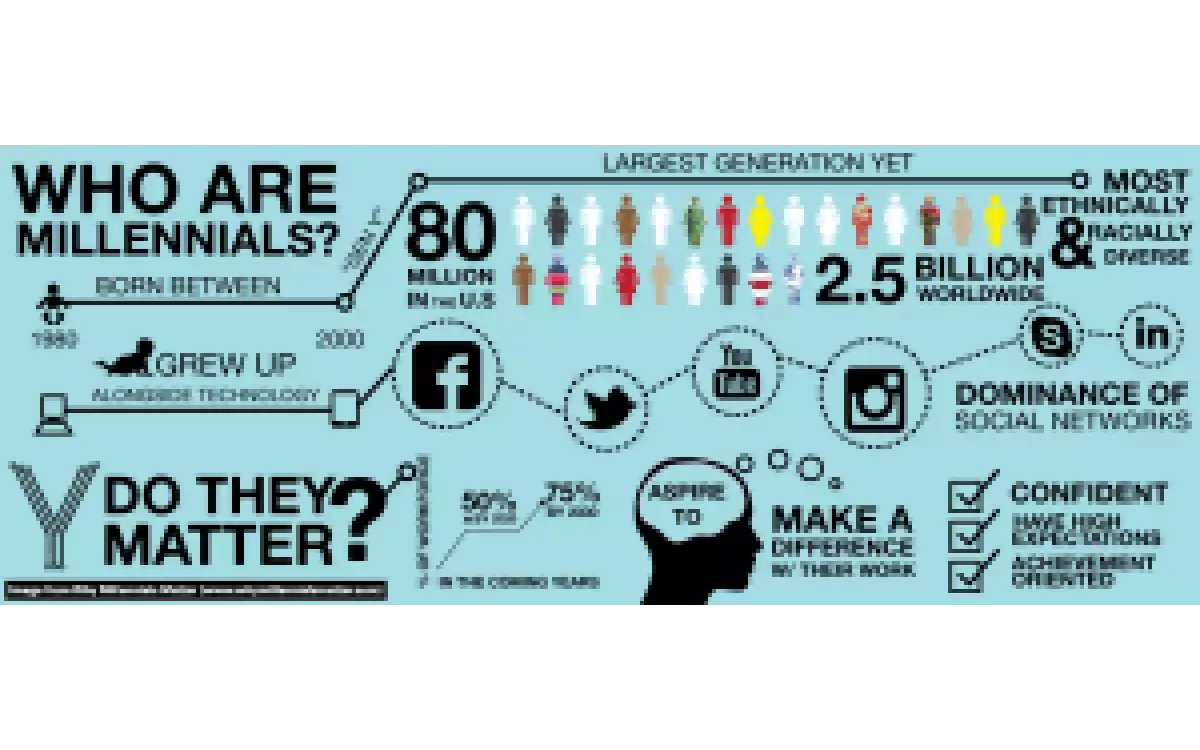Glen Bhimani has over 15 years of experience in the security industry or related areas, he served in the United States Army for 6 years which were spent in security operations and defense against chemical and biological attacks. Mr. Bhimani learned how to use classified equipment that helped combat terrorism from infiltrating the United States Army. He has been awarded over 9 medals and awards due to his exemplary service in the military. This experience has allowed him to dive deep into the issues of an organization and help create plans and audit a client where improvements could be made. Mr. Bhimani has received a bachelor’s degree in criminal justice that has allowed him to be well versed and has a strong understanding of the causes and consequences of crime and the criminal justice system, including police, courts, and corrections. He can identify effective policies and practices to address crime and justice issues. Understand research practices and be able to critically evaluat
BHC: How would you describe what you do?
Glen: Many companies hire security firms based on the premise that all firms are the same and any security guard will provide the same level of deterrent and protection. Unfortunately, as we’ve seen too many times, situations unfold that the guard is unprepared and these companies find themselves in unfortunate situations and labeled as “high risk” or “un-insurable.” These are often the fallout of multi-million dollar lawsuits that cause any security firm to shy away from working with that client in the future. How does this happen? In short, lack of industry standards. There is an increasing amount of misinformation about the security industry. Unfortunately, that misinformation is often perpetuated by lying, money-hungry security firms. Why? Well, security firms prey on businesses that view hiring security as just another “to-do” item that needs to be checked off. As a result, the firms will not spend time educating their potential client and instead keep dropping their prices until they sign a new client. This results in hiring security guards at rock bottom prices, and ends with a security guard who is not motivated or interested in performing their best to keep the job. If you’ve found yourself in a similar situation, please understand: this is not the business’s fault! Unfortunately, this situation results in an ugly cycle of security firms providing razor thin margins on cheap labor which does not provide the firm with the bandwidth to support their guard and ensure you, the customer, receive what you pay for. The lack of standards and transparency has to stop. At BPS Security, we believe it’s time businesses start learning about the ins and outs in this ruthless industry so they will have the necessary information to make the best decisions!
BHC: What is most challenging about what you do?
Glen: There is no “one size fits all” when it comes to security! And oftentimes companies come to us thinking they know what they need, and are either requesting too much or not enough! Here’s the thing, when it comes to lawsuits involving violence on a company’s property, liability will fall on the company/person that made the worst “you should have known better” decision. Here is an example comparing two possible locations for the same company: There is a company wanting to beef up their security, and they think that a top-tier surveillance system will do the job. Thus, they refuse to hire an onsite security guard. Scenario 1 — This Company is located in a notoriously dangerous area with high crime rates. If a robbery/shooting unfolds on their property and this incident goes to court, the business could be at fault for refusing proper security. Why? Because they know they are in a dangerous area, and surveillance is not enough. Scenario 1 — This Company is located in a very safe part of town with no criminal history. If a robbery/shooting unfolds on their property and this incident goes to court, the business would likely not be at fault (depending on the exact situation). Why? Because they took all necessary precautions in order to protect their company. We see this happen all the time. In fact, we were recently contacted by a very high-profile bar in a major metropolitan city, in a notoriously rowdy part of town. They wanted one security guard and insisted that nothing bad has ever happened in THEIR bar. Unfortunately, that does not matter. Bars nearby often experience very problematic fights, drug use, and gang violence. So, we informed the company that they need to have more robust security onsite. (Sometimes, for us to even insure the company, based on their location, our insurance provider requires a large security force). But they refused, so we had to turn down the client. Now here is where it gets complicated. Many businesses start shopping for security thinking they know what they want/need, get bullied by a great salesman, and buy way more than they need. To make matters worse, they have no idea what it should cost for what they initially want, so they feel as though they are getting played!
BHC: What is most rewarding?
Glen: This is one place where BPS differs/ Not only do we always pay our guards a livable wage, we are also completely transparent with our clients! So, they know where every single dollar they spend with us is going. See, we believe that when a guard feels valued, they work harder! So not only are we paying them a living wage, but we are also providing benefits! Side Note: We have extremely high standards for all of our employees. But in turn, we respect them. As an employer, we feel that it is our job to make them feel valued, and this does not stop with us. We will always involve our clients when choosing a long-term guard for a particular location. Why? Because it is important that the guard fits in with our clients company culture. When they are shown respect, they are proud of their job, and as a result, they go above and beyond.
BHC: Being able to afford to buy everybody standup workstations may not be possible for every organization. What are some cost-effective things that incorporate more movement in a working environment?
Glen: Encourage people to walk around the office while they are having phone meetings. take a walking break with coworkers or a quick trip to get a snack. we only use cell phones in our company so being able to walk is very easy during a sales call. Use of laptops are great you can go outside and sit it on top of something to get work done while the weather is nice. there are times when we go clay sport shooting and we take our work laptops and phones and work in between. the guys love it because it does not feel like work.
BHC: With the explosion in work from home, do you foresee any changes to the future of office design?
Glen: I believe more companies are going to move towards share spaces for multiple employees reducing the amount of infastructure that is needed. before covid we had already decided to do away with a big office and had moved towards a pay as you go office plan with a virtual office at a very same location for almost nothing. Employee are no longer going to need their own office.
BHC: Have there been any concepts or design insights gained from the coworking movement that can be applied to other office design projects?
Glen: Yes, we created our own software catered to our needs to allow for a coworking environment where data is updated automatically in real time and allows everyone in the company to be informed of all updates from management all the way down to the lowest employee. Our software allows for every one to know what their work is and what needs to be done without having to spends hours a month sending emails and making phone calls. everything goes through our centralized system and instead of calling my employees to see if the work has been done i simply login into the system.
BHC: When you think about the phrase, The Workplace of the Future, what ideas immediately come to mind?
Glen: The workplace of the future in my opinion would be a more technologically connected company with seem less communication and 100% up to date information where a C Suite manegmanet all the way down to the lowest employee have real time data if what is going on in the company and they work they have to get done.
BHC: What are you and your business doing differently in response to the COVID-19 pandemic?
Glen: We have made many changes and are actively adjusting every month. We have created new work schedules to attract new employees, offered customized benefits to employees depending on their needs, Changed our pricing model to attract new clients that has been working really well, we have also launched new marketing campaigns. We are also having more meetings in regards to marketing and strategy to ensure we pivot more quickly if something is not working.




